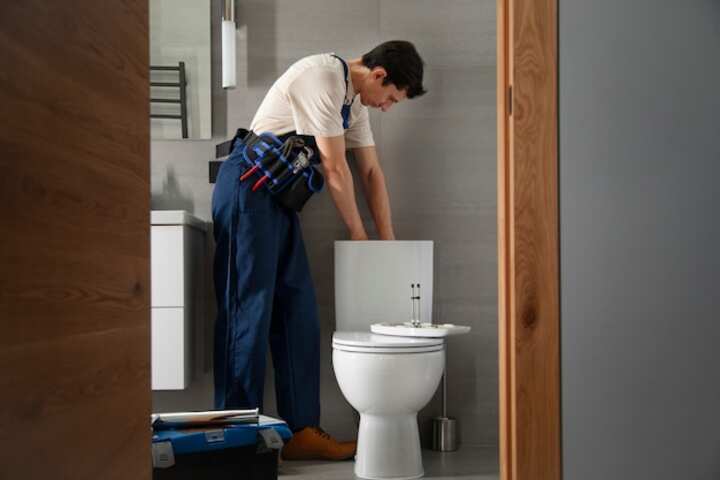
Transform Your Bathroom with Bathtub to Shower Conversion Services
Transforming a bathroom can significantly enhance the functionality and aesthetic appeal of a home. One popular renovation project is converting a bathtub into a shower. This change not only modernizes the space but also caters to the needs of those who prefer showers over baths. Whether driven by a desire for more space, easier accessibility, or a fresh look, a bathtub to shower conversion offers numerous benefits. This article explores the advantages, considerations, and steps involved in such a transformation.
The Benefits of Bathtub to Shower Conversions
Converting a bathtub into a shower can be a wise investment for various reasons. Here are some benefits:
- Space Optimization: Showers typically require less space than bathtubs, allowing for a more open and spacious bathroom layout.
- Accessibility: Showers, especially those designed with accessibility in mind, provide easier entry and exit, which is beneficial for the elderly or individuals with mobility issues.
- Modern Aesthetic: Showers often contribute to a sleeker, contemporary bathroom design, enhancing overall home value.
- Water Efficiency: Showers generally use less water compared to filling a bathtub, promoting environmental sustainability and reducing utility bills.
- Customization: A wide range of design options, from luxurious walk-in showers to compact corner units, allows for personalized bathroom styling.
Considerations Before Conversion
Before embarking on a conversion project, several factors should be considered to ensure a successful outcome.
Budget and Costs
Understanding the financial implications of a bathtub to shower conversion is crucial. Costs can vary based on factors like the choice of materials, the complexity of plumbing modifications, and labor charges. It is advisable to set a realistic budget and explore all potential expenses beforehand. Explore further insights here.
Space and Layout
Assessing the available space is essential for determining the type of shower that will best fit the bathroom. The layout should accommodate the new shower without compromising the room's functionality or aesthetic. Find additional information here.
Plumbing and Structural Modifications
Converting a bathtub to a shower often requires changes to the plumbing system. Professionals may need to adjust drainage and water supply lines to accommodate the new fixture. Ensuring that the existing structural framework can support these changes is vital. Read more about this topic.
Steps Involved in the Conversion Process
A successful bathtub to shower conversion involves several key steps:
- Planning: Define the scope of the project, including design preferences and necessary plumbing adjustments.
- Demolition: Carefully remove the existing bathtub and any tiles or fixtures that need replacement.
- Plumbing Work: Implement any required plumbing changes to support the new shower system.
- Installation: Install the chosen shower base, wall panels, and fixtures according to the planned design.
- Finishing Touches: Complete the project with the installation of accessories like shower doors, shelving, or grab bars for added functionality and safety.
Choosing the Right Professionals
Selecting experienced professionals for a bathtub to shower conversion is crucial for achieving the desired results. Skilled contractors can provide valuable insights and ensure the project adheres to local building codes and standards. Learn more in this detailed guide.
Conclusion
Converting a bathtub to a shower can significantly enhance a bathroom's functionality, accessibility, and aesthetic appeal. By carefully considering factors like budget, space, and plumbing, homeowners can successfully undertake this transformation. Engaging professional services ensures the project is completed efficiently and to a high standard, ultimately adding value and comfort to the home. Explore further insights here.